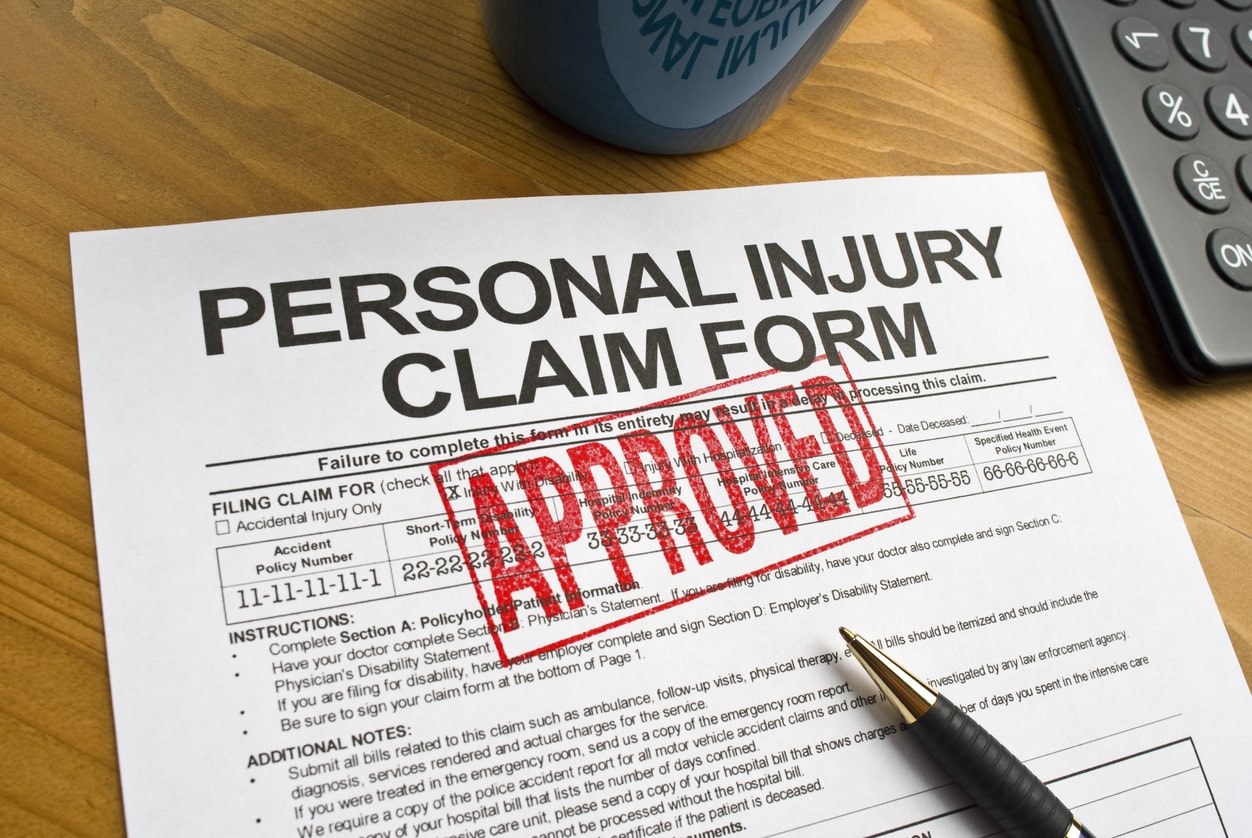Personal injury claims arise when an individual suffers physical or emotional harm due to the negligence or wrongful actions of another person or entity. If you’ve been injured in an accident, it’s crucial to understand your rights and the process of filing a personal injury claim.
What Constitutes a Personal Injury Claim?
A personal injury claim can stem from various accidents and incidents, including:
- Car Accidents: Collisions involving vehicles can result in severe injuries, property damage, and emotional distress.
- Slip and Fall Accidents: Injuries sustained due to hazardous conditions on someone else’s property.
- Workplace Accidents: Injuries incurred while on the job.
- Medical Malpractice: Negligence by healthcare professionals that leads to harm.
- Product Liability: Injuries caused by defective products.
- Dog Bites: Injuries inflicted by dogs.
The Basics of a Personal Injury Claim
To successfully pursue a personal injury claim, you typically need to prove the following elements:
- Duty of Care: The defendant owed you a duty of care.
- Breach of Duty: The defendant breached that duty of care.
- Causation: The defendant’s breach directly caused your injuries.
- Damages: You suffered actual damages as a result of the injury.
Types of Damages in Personal Injury Claims
Damages in a personal injury claim can be categorized into two main types:
- Economic Damages: These are quantifiable losses, such as medical expenses, lost wages, and property damage.
- Non-Economic Damages: These are intangible losses, such as pain and suffering, emotional distress, and loss of consortium.
The Role of a Personal Injury Lawyer
A skilled personal injury lawyer can significantly enhance your chances of a successful claim. They will:
- Investigate the Accident: Gather evidence, interview witnesses, and reconstruct the incident.
- Assess Your Case: Evaluate the strength of your claim and potential damages.
- Negotiate with Insurance Companies: Handle negotiations with insurance adjusters to secure a fair settlement.
- Prepare for Trial: If a settlement cannot be reached, they will prepare your case for trial.
- Represent You in Court: Advocate for your rights in court if necessary.
The Personal Injury Claims Process
The process of filing a personal injury claim typically involves the following steps:
- Consultation with a Lawyer: Discuss your case with an experienced attorney.
- Investigation: Gather evidence and documentation related to the accident.
- Demand Letter: A formal letter is sent to the defendant or their insurance company demanding compensation.
- Negotiation: The parties involved attempt to reach a settlement.
- Litigation: If a settlement cannot be reached, the case proceeds to trial.
Common Mistakes to Avoid in Personal Injury Claims
To maximize your chances of a successful personal injury claim, avoid these common mistakes:
- Delaying Legal Action: Time limits for filing a claim may apply, so act promptly.
- Talking to the Insurance Adjuster Without Legal Representation: Insurance adjusters may try to minimize your claim.
- Posting About the Accident on Social Media: Avoid sharing details that could be used against you.
- Accepting a Low Settlement Offer: Consult with a lawyer before accepting any settlement.
The Importance of Seeking Medical Attention
After an accident, it’s crucial to seek immediate medical attention, even if your injuries seem minor. Prompt medical treatment can help prevent complications and provide documentation for your personal injury claim.
Tips for Choosing a Personal Injury Lawyer
When selecting a lawyer to handle your personal injury claim, consider the following factors:
- Experience: Look for a lawyer with a proven track record in personal injury cases.
- Reputation: Research the lawyer’s reputation and client reviews.
- Communication Skills: A good lawyer will keep you informed throughout the process.
- Fees: Understand the lawyer’s fee structure and any potential costs.
By understanding the intricacies of personal injury claims and seeking legal advice, you can protect your rights and pursue fair compensation for your injuries.

